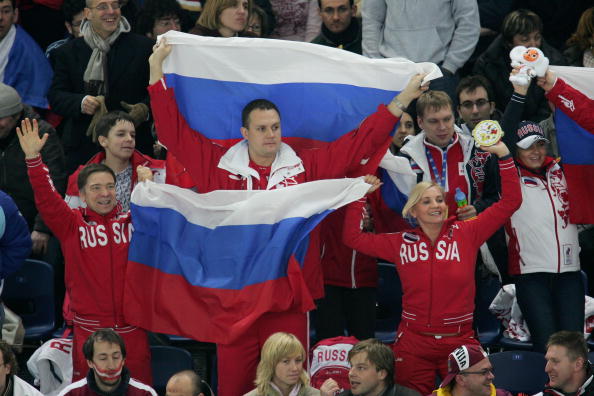Over the last couple months, Russia’s status for the 2016 Olympics has been threatened by revelations revolving around Russian Olympic athletes and performance enhancing drug use.
In May, Yuliya Stepanov, a runner, and Vitaly Stepanov, who collected blood and urine samples, were on 60 Minutes to talk about as many as four gold medal winners from Russia in the 2014 Winter Olympics in Sochi who were on steroids.
Just last week, reports came out the World Anti-Doping Agency (WADA) knew of the Russian’s doping ring during the 2012 Summer Olympics in London, but did nothing.
This all led to the Russian track team being banned from participating in the 2016 Summer Olympics in Rio de Janeiro.
“This is great for all sport and anybody who wants a real step forward in clean competition,” Former NBC Sports Chairman Dick Ebersol said. “The I.A.A.F. was strong and clear and direct in interpreting longtime rules.”
The track team’s banishment from the games then began to snowball. As the country went under a bigger microscope, news outlets began to report it was possible for all Russian athletes to be banned from the 2016 games.
“If the allegations are true, we will respond thoroughly and effectively,” WADA President Sir Craig Reedie said. Reedie then added a complete plan would be, “the nuclear option … but not impossible.”
Today’s T.J. Quinn, one of ESPN’s best investigative reporters, reported in a long string of tweets that, despite all the madness surrounding Russia’s multiple doping scandals, there’s still a chance for them to compete during the upcoming Olympic games in Rio. Beware, there were a lot of tweets:
Russian President Vladimir Putin has fought back against these claims as well.
“I hope that we find some solution here, but that certainly doesn’t mean we will become insulted and say we won’t fight against doping. It’s the other way around, we will strengthen the fight against doping,” Putin said.
The statement Quinn is referring to is when the International Association of Athletics Federations (IAAF) agreed suspending the Russians from the upcoming games was smart. However, as Quinn mentioned, the IAAF could leave the door open for a smaller Russian team.
“There won’t be many athletes who will get through the crack in that door. They have to demonstrate they are not tainted by the system in Russia,” Rune Andersen, the head of the IAAF task force said.
Let’s hope it doesn’t get to that. Lausanne, Switzerland, where the International Olympic Committee (IOC) is headquartered, is apparently gorgeous.
Of course right as Quinn wrapped up, this broke:
The issue here is, there’s a big difference between Russia boycotting the games and the IOC just not letting them compete.
